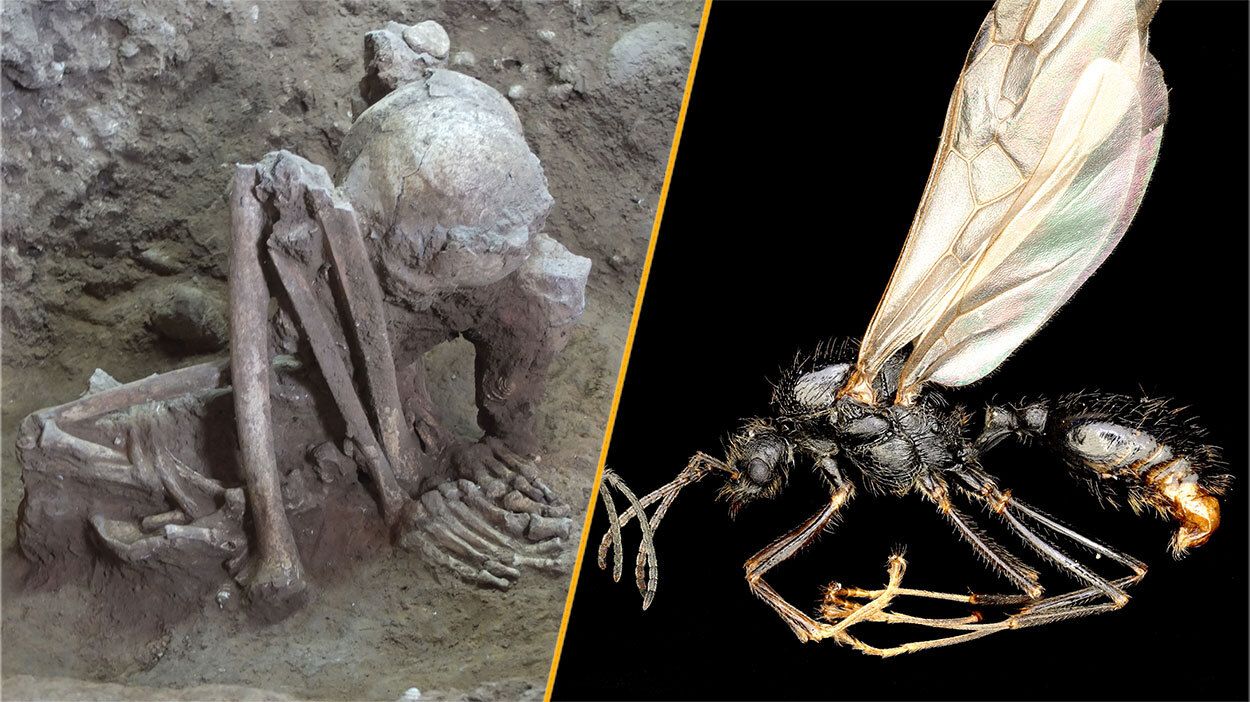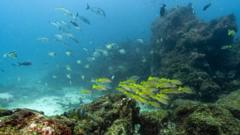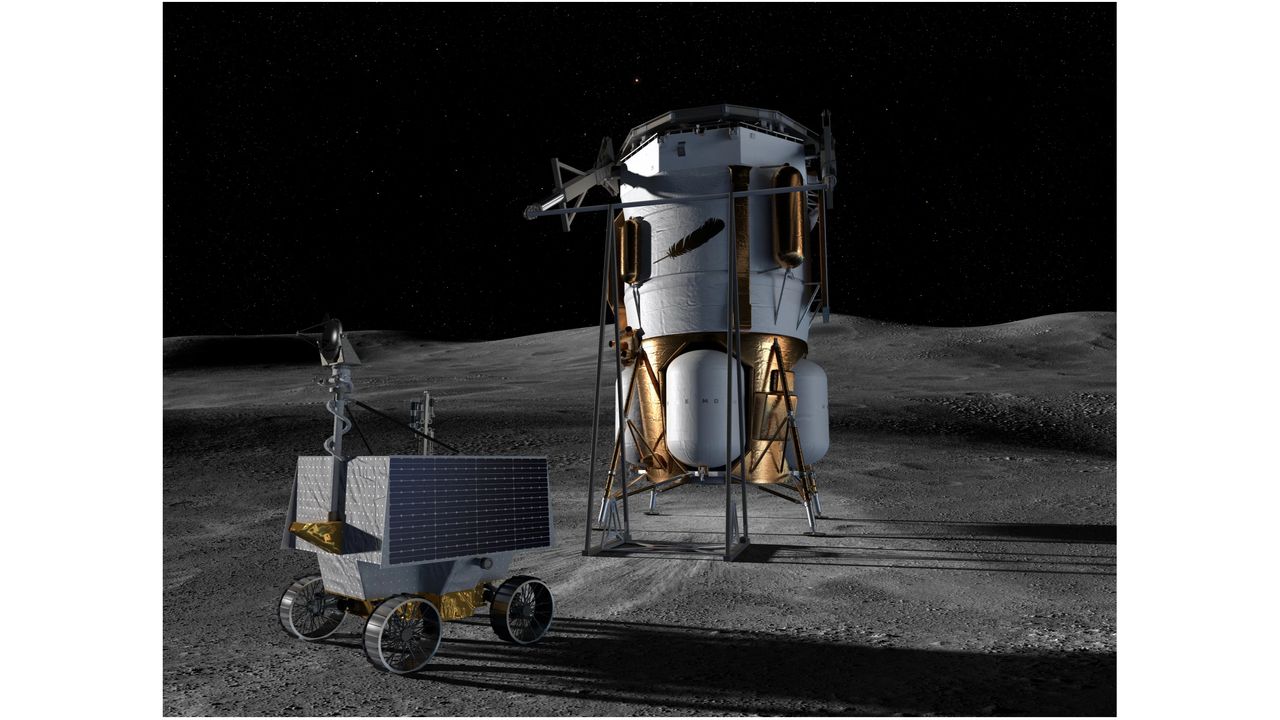'Etymology Nerd' Adam Aleksic on How Internet Culture Is Transforming the Way We Talk
PositiveScience
Linguist Adam Aleksic shares insights on how internet culture is reshaping our language. He argues that rather than harming it, viral slang and algorithm-driven speech are actually speeding up the natural evolution of language. This perspective is important as it highlights the dynamic nature of communication in our digital age, showing that language is not static but constantly adapting to new influences.
— Curated by the World Pulse Now AI Editorial System






